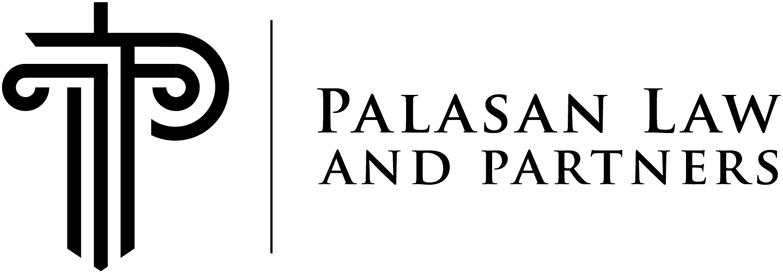The Supreme Court kicked off its annual commemoration of the 18-Day Campaign to End Violence Against Women (VAW) on November 21, 2022, at the Supreme Court.
Speaking before Court officials and employees, Chief Justice Alexander G. Gesmundo expressed the Court’s full commitment and support for ongoing endeavors to end violence and all forms of discrimination against women.
“Increasing access to justice is one of the pillars of the Court’s reform agenda, the Strategic Plan for Judicial Innovations or SPJI, which seeks to enhance court processes and capabilities towards the delivery of responsive and real-time justice,” said the Chief Justice. “As part of the SPJI, we are expanding and strengthening the Clinical Legal Education Program of law schools in the different regions and revitalizing the Legal Aid Program of the Integrated Bar of the Philippines. Through these programs, we aim to make more efficient legal aid service in the hope of helping the vulnerable and disadvantaged communities in the country,” he added.
In addition, Chief Justice Gesmundo shared that the Supreme Court Committee on Gender Responsiveness in the Judiciary (CGRJ), which is co-chaired by Associate Justices Henri Jean Paul B. Inting, Jhosep Y. Lopez, and Maria Filomena D. Singh, has also been undertaking the necessary reforms mandated under several laws affecting women and children, such as the promulgation of new or amendment of existing procedural rules, the establishment of family courts to handle exclusively cases involving family, child, juvenile and women victims of violence, as well as the adoption of policies pursuant to the Gender and Development Program.
Chief Justice Gesmundo also mentioned that early this year, the Court approved the Guidelines on the Use of Gender-Fair Language in the Judiciary and Gender-Fair Courtroom Etiquette, a product of the CGRJ’s efforts to combat sexist language in the Judiciary, by including sensitivity towards persons with diverse sexual orientation, gender identity and expression, and sex characteristics, or SOGIESC. The Guidelines are in line with Republic Act (R.A.) No. 11313 or the Safe Spaces Act, which prohibits and penalizes several forms of gender-based sexual harassment.
“As the bastion of justice in this country, we cannot continue with indifference and apathy,” concluded the Chief Justice, enjoining unity and cooperation not only from members of the Judiciary, but from other sectors, organizations, and civil society groups.
CGRJ Co-Chairperson Justice Lopez, in his inspirational message, stressed the value of the theme for this year’s End VAW Campaign, United for a VAW-Free Philippines, which “emphasizes the importance of combining individual efforts for a strong drive towards gender equality and elimination of VAW. The theme encourages everyone’s participation as truly the visions of the campaign can only be achieved through responsive and active collective efforts towards a VAW-free nation,” said Justice Lopez.
CGRJ Co-Chairperson Justice Singh, for her part, cited statistics that show that women continue to suffer from violence despite the annual End VAW Campaign, necessitating an increased involvement from the members of the Judiciary.
“Our job is not just to adjudicate cases; it is also our job to inform others about their rights when we see that their rights are being violated and they seem not to be aware of the remedies available to them. Let us move away from the traditional way of thinking of our role in society and let us be more involved in what we see around us, in our families, in our communities, in our offices,” urged Justice Singh.
As part of the SC’s End VAW Campaign, a series of activities will be conducted by the Supreme Court Office of Administrative Services, through its Employee Training and Development Division and in coordination with the CGRJ, open to interested Supreme Court employees: On December 1 and 5, online trainings on RA 11313 or the Safe Spaces Act and on RA 9262 or the Anti-Violence against Women and Children, respectively; on December 6, a webinar on “The Many Faces of Violence”; and on December 7, film screenings of “Walang Rape sa Bontok.” (Courtesy of the Supreme Court Public Information Office)

